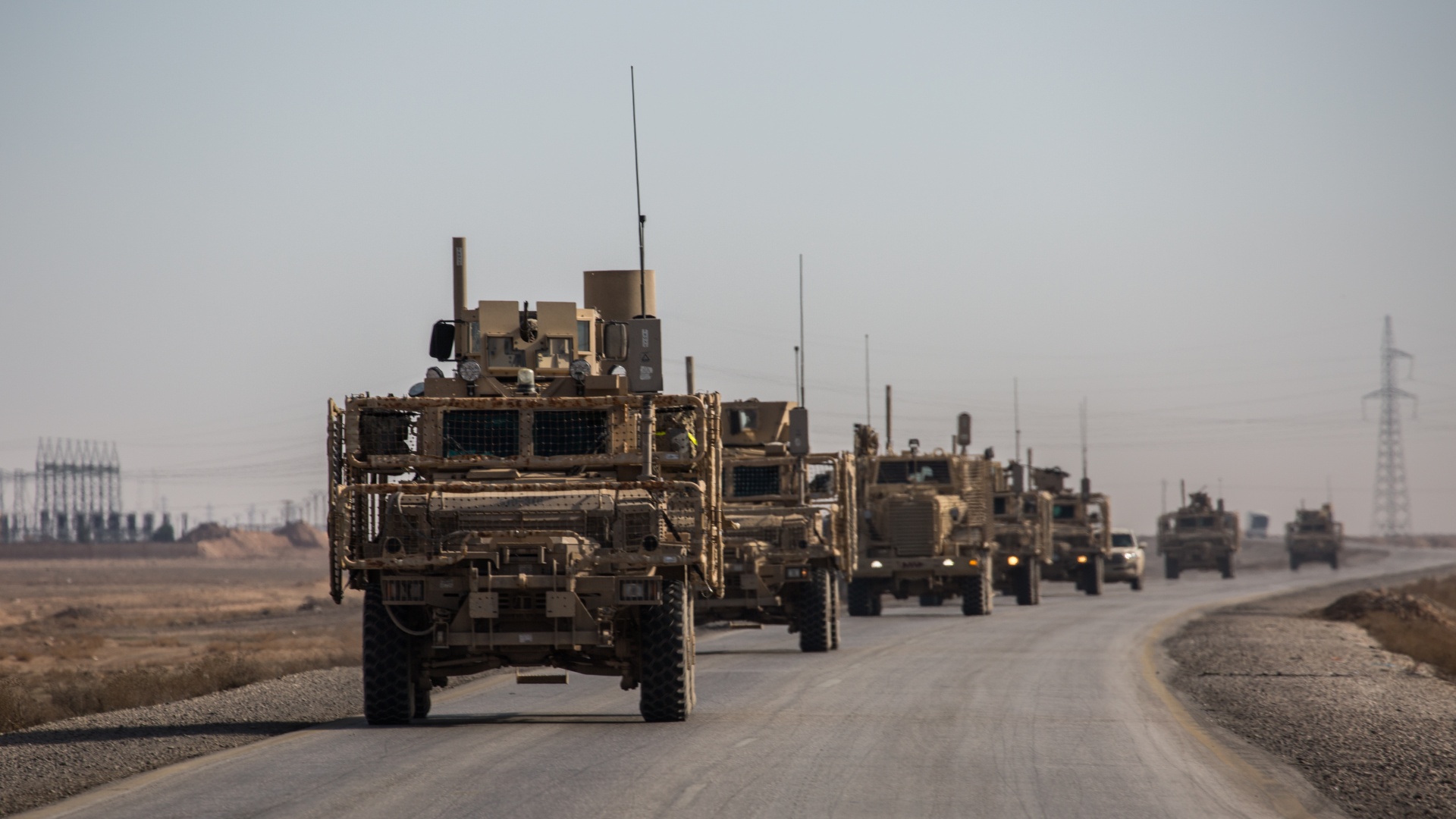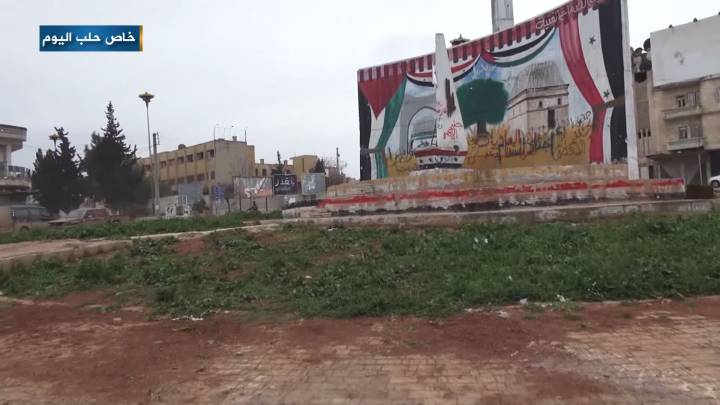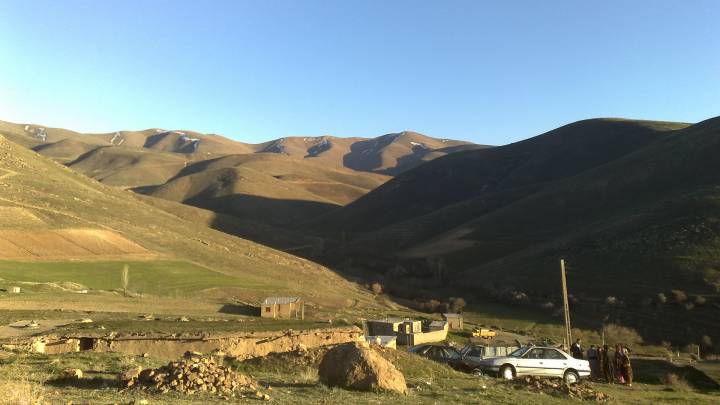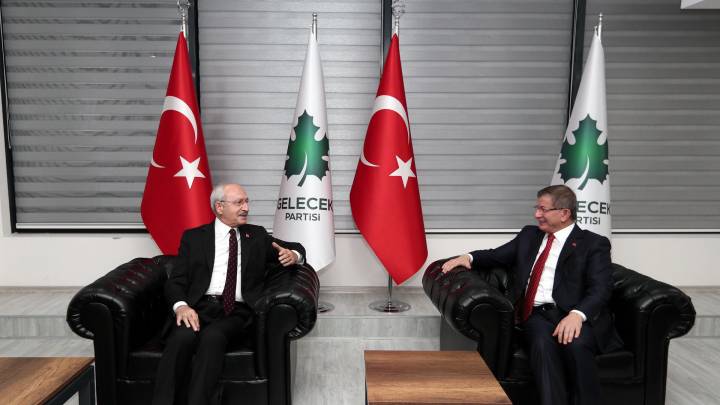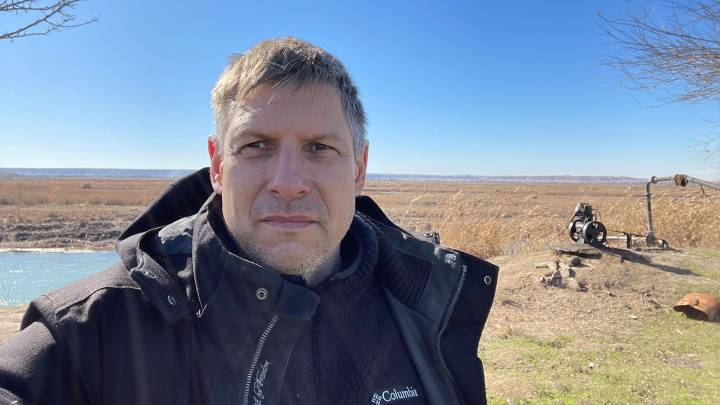The purge of HDP-led councils in southeastern Turkey ultimately raises the stakes for restarting negotiations. And that explains why the Kurds paid the price for it.
On August 19, Turkish authorities relieved three mayors of predominantly Kurdish towns of Van, Diyarbakir and Mardin. All mayors belong to the Halklarin Demokratik Partisi (HDP), a moderately left-leaning party with a core constituency among democratic (as opposed to conservative, Islamist or tribal-based) voters in the Kurdish regions of Turkey, as well as other ethnic groups.
Contrary to what usually is stated, the party is not pro-Kurdish in the essentialist sense of the word, but pro-Kurdish within the framework of a vibrant democracy cognisant of the multi-ethnic makeup of Turkish society. And it is definitely not the extended arm of the PKK as its Turkish contenders and many Western observers – mostly journalists or post-Marxist sympathisers of PKK founder Abdullah Öcalan – try to make us believe.
Interaction between CHP and HDP politicians has apparently increased, potentially laying a foundation for reconciliation between Atatürk's party and the Kurds
In fact, the HDP as a democratic-left party can look back to a decades-long tradition, its antecedents reaching back to the 1960s at least. The party has an identity of its own and abhors political violence – the contrast to the PKK could not be greater. The former mayor of Mardin, Ahmet Türk, for instance, is almost the doyen of Turkish politics and a political heavyweight of his own.
So what is driving the Turkish government to intervene in this way? To begin with, Erdogan's AKP lost all important metropolitan areas in the municipal elections this spring, first and foremost Istanbul where Recep Tayyip Erdoğan started his political career in the Refah party back in the 1990s. The victorious anti-Erdoğan coalition, headed by Ekrem İmamoğlu from the CHP party, is rather fragile. It includes the nationalist IYI Parti which stands in the tradition of the old conservative Dogru Yol/Demokrat/Adalet Partisi which has strong nationalist credentials, and the Islamist Saadet Partisi.
But most observers agree that it was the Kurdish vote that secured İmamoğlu’s success in Istanbul. Erdoğan could have hoped that the Kurds would quickly get frustrated with İmamoğlu as his coalition features much more right-wing allies with nationalist-Islamist links than left-wingers. However, interaction between CHP and HDP politicians has apparently increased, potentially laying a foundation for reconciliation between Atatürk's party and the Kurds – and initiating a change from a tactical alliance to a strategic partnership.
AKP voters increasingly feel that they have to bear the costs following the influx of refugees and are less willing to do so
Furthermore, the AKP has problems of its own and faces split-offs from party luminaries such as Ali Babacan and Ahmet Davutoğlu, conservative-democratic representatives of political and economic liberalism within the AKP. They are also the ones to appeal to conservative, Islamist and tribal Kurdish voters because they are credible representatives of a multi-ethnic Turkey within the conservative camp. Hence, Erdoğan’s AKP will not only lose respected liberal party representatives, but also the conservative Kurdish vote.
Add to this the fact that Erdoğan more than ever relies on the ultra-nationalist (formerly fascist) MHP party. He must bring something to the table to bolster the support of his newfound right-wing allies. Punishing the Kurds seems a convenient way to achieve exactly that.
And, of course, the Turkish role in neighbouring Syria reverberates throughout Turkish domestic politics. Turkish foreign policy regarding Syria is a disaster. AKP voters increasingly feel that they have to bear the costs following the influx of refugees and are less willing to do so. On the geopolitical side, it seems that the Turkish government has not even formulated a coherent strategy, let alone policy worth the name regarding the Rojava entity and the PYD-YPG partnership with the US.
A full-blown attack on Rojava, however, would most likely result in an uncontrollable stream of refugees – including possibly thousands of Islamists currently interned at Al-Hol camp under YPG control
Suffering setbacks on all political fronts and facing a downward economic slump, Erdoğan relies on the well-established escape route of Turkish politics: make the Kurdish issue a terror problem and crack down on Kurdish representatives wherever possible. True, Rojava would be a more tempting arena and the military is already conducting operations in the Hakkari province in the south-eastern tip of Turkey, even crossing into the Kurdistan Region of Iraq. But these operations amount to no more than a bloody stalemate between the PKK and the Turkish army – a confrontation that produces a stream of headlines, bit yields hardly any political or strategic results.
A full-blown attack on Rojava, however, would most likely result in an uncontrollable stream of refugees – including possibly thousands of Islamists currently interned at Al-Hol camp under YPG control. Also, Turkey should be rather content that Kurdish-Turkish militants in Syria have they hands tied dealing with Syrian problems instead of returning to Turkey to train a new generation of militants. Conducting the occasional military operation against PKK targets in Northern Iraq and threatening an imminent invasion of Rojava – without an exit scenario at hand – doesn't leave the Turkish government with too many options. One of them is a crackdown on elected representatives in functioning city councils inside Turkey.
Erdoğan clearly thinks to hit several birds with one stone: First, he took back the political initiative. Then, fearing a CHP-HDP rapprochement, he tries to eliminate a key element of the HDP power base: the city council seats held by their party members. And finally, Erdoğan is rehashing the age-old script of equating the Kurdish question with terrorism, thereby paying his dues to the MHP and securing himself from the ‘deep state’ – at least until he has had enough time to restructure the Turkish military to his liking. But in reality, this is a panicked reaction of someone who is well aware that him and his cronies are on a slippery slope towards losing power which only the securitisation of the state can save them from.
In the end, Erdoğan and his ally, MHP leader Devlet Bahçeli, will have to negotiate with the likes of Ahmet Türk and Selahattin Demirtaş – well-respected and experienced HDP political operatives
Whether the Turkish authorities like it or not, the Kurdish question is the most important issue of Turkish politics and will remain so until real reconciliation takes place. By eliminating constitutionally guaranteed legislative representation – obviously acting on on ethnic and racist prejudice – Erdoğan further alienates Turkey’s Kurdish citizens and drives another generation away from democratic and onto the path to revolutionary politics. Apparently, Erdoğan and his acolytes want this to happen, but the outcome of such a policy is as unclear as this policy is irresponsible.
Punitive policies are a common experience for Turkey's Kurds. And when the current crisis subsides, Turkish authorities will face the same problem as before: In the end, Erdoğan and his ally, MHP leader Devlet Bahçeli, will have to negotiate with the likes of Ahmet Türk and Selahattin Demirtaş – well-respected and experienced HDP political operatives – about Kurdish rights in Turkey.
The same goes for talks involving the still incarcerated Abdullah Öcalan about a ceasefire and the restart of the peace process with the PKK. It doesn’t matter whether these negotiations cover both tracks, as had happened from 2013 onwards, or will be pursued separately. In the end, the crackdown ultimately raises the stakes for restarting negotiations. Whether this will save Erdoğan and his cronies remains doubtful, but it very well explains his panic. And it explains why the Kurds paid the price for it.
